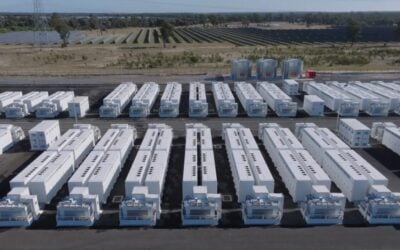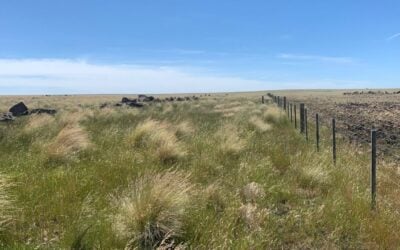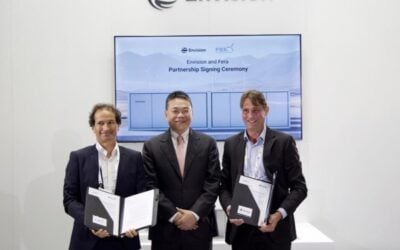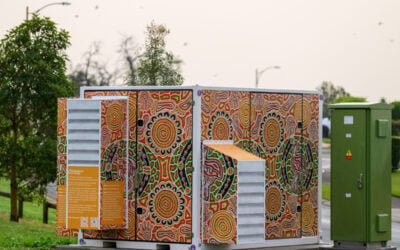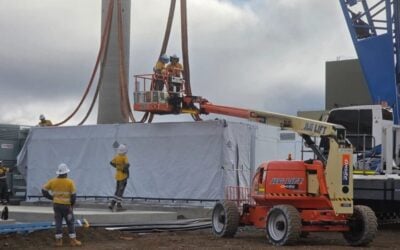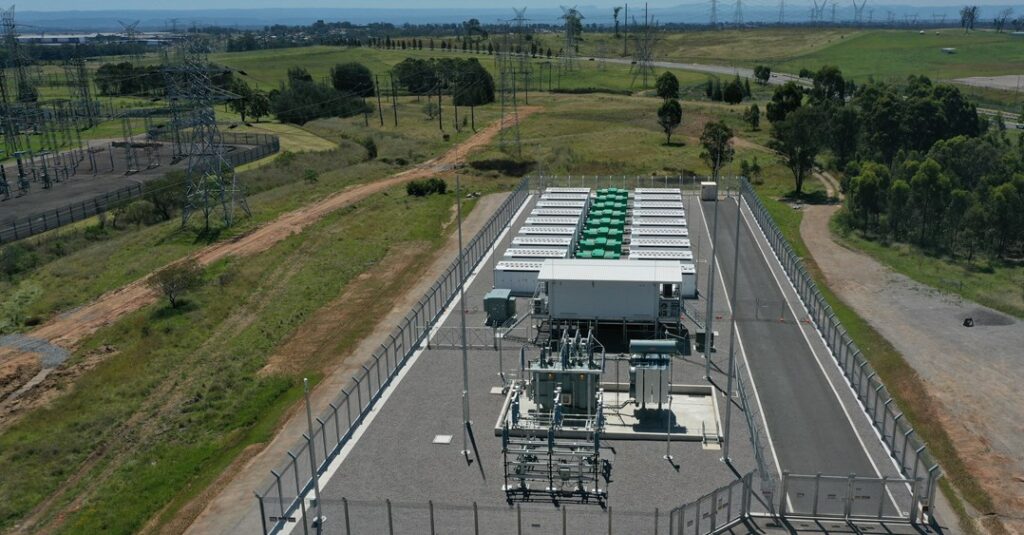
Australian high voltage grid operator Transgrid will host a competitive solicitation for large-scale battery storage resources in areas of New South Wales facing increasing electricity demand.
Transgrid manages and operates the transmission network in New South Wales (NSW) as well as in the Australian Capital Territory (ACT).
Enjoy 12 months of exclusive analysis
- Regular insight and analysis of the industry’s biggest developments
- In-depth interviews with the industry’s leading figures
- Annual digital subscription to the PV Tech Power journal
- Discounts on Solar Media’s portfolio of events, in-person and virtual
The company is seeking to alleviate load constraints on its network in the Bathurst, Orange and Parkes region of Central NSW, and the North West Slopes in the north. After considering a range of options, it has determined battery storage to be the technology best suited to mitigate the impacts of those constraints.
The first three areas named are expected to see considerable load growth off the back of increasing mining activity, as well as general load growth, while in the North West Slopes, growing industrial loads and general load growth underpin the need for new capacity and flexibility.
Transgrid will go to the market with its competitive procurement process, before awarding and finalising contracts with successful project bidders.
Batteries were found to be the best option in an assessment study concluded in 2022. Part of the reason for that was the ability to construct and commission battery energy storage system (BESS) assets much more quickly than other proposed solutions, with Transgrid’s Project Assessment Conclusions finding three BESS projects in the regions could be in operation by a 2024-2025 timeline.
As reported by Energy-Storage.news just over a year ago following Transgrid’s release of its findings, a 20MW/40MWh battery system in Parkes and a 25MW/50MWh in Bathurst were chosen for Bathurst, Oranges and Parkes. They beat out other third party proposals including a new 132kV transmission line and 25MVa synchronous condenser project.
For the North West Slopes, the preferred proposal included a 50MW/50MWh BESS in the locale of Narrabri and another BESS of unspecific output and capacity at Gunnedah, an existing substation site. While the North West Slopes plan included some transmission line upgrades, Transgrid said those could be done on existing lines, resulting in minimal disruption.
Transgrid found the BESS options could provide close to AU$3 billion (US$2.04 billion) of net benefits. At the time of the study’s publication, Transgrid’s general manager of network Marie Jordan said batteries provided the greatest overall benefit.
It was also one of the first times BESS for Australia’s National Electricity Market (NEM) had been found to have “outperformed other options through the regulatory test,” Jordan said.
‘Doubly significant milestone’
“This marks a doubly significant milestone because when they were compared to other options grid-scale batteries came out on top in both regions in terms of providing the biggest benefits,” Jordan commented further yesterday.
“Our grid is changing, which is why we’re going beyond the traditional poles and wires approach and embracing new technologies and business models to meet the needs of consumers and keep the system reliable.”
The competitive procurement will launch in August 2023, with a Market Forum being held online by Transgrid on 10 August.
Australia’s rapidly maturing energy storage market, rising up in tandem with the increased ambitions on renewable energy and grid modernisation put into policy by the Labor Party government of prime minister Anthony Albanese, will in the coming months be characterised by a different kind of nationally-run but locally administered tender process.
In May the Albanese Commonwealth government confirmed that tenders for firm renewable energy capacity will be held, called the Capacity Investment Mechanism scheme. A sum of funding from the 2023-2024 Federal Budget will go towards, although for reasons of commercial sensitivity, the government has not disclosed figures.
In other big BESS news from NSW this week, the state government has given approval to two projects totalling 270MW for two of the state’s Renewable Energy Zone (REZ) multi-gigawatt clean energy developments.

